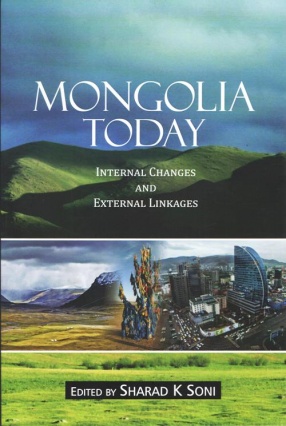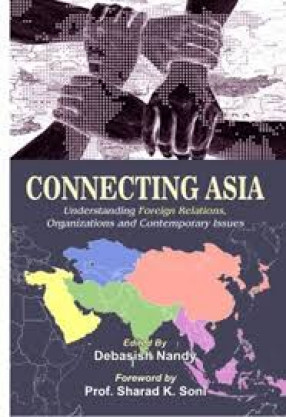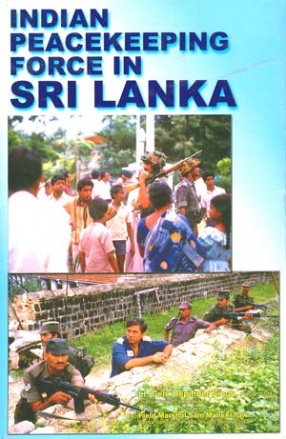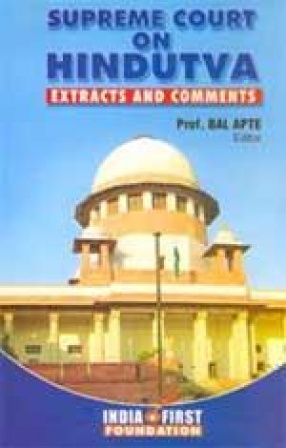Mongolia Today: Internal Changes and External Linkages
Having discarded the Soviet style communism and state controlled economy following the collapse of the USSR, Mongolia of today is a young democratic country with free market economy. It seeks to ensure the security of its own existence by strictly observing the policy of neutrality due to being a landlocked country between the two influential geographic neighbours - Russia and China. Over the years internal changes in society, economy and politics have seen Mongolia coming a long way in trying to strengthen the country`s outlook-both strategic and economic- by political means. Similarly, Mongolia`s external linkages which are based on “third neighbour” foreign policy too are influenced by national interest at the first place, i.e., strengthening its internal and external security. In other words, the new foreign policy guided Mongolia to take a resolute stand while discarding dependence on Russia or China and reaching out to countries that can counterbalance the inclinations and serve as a check on the economic, political, and strategic ambitions of Moscow and Beijing. Mongolia believes that the ‘diverse foreign economic and trade relations are an element of broader stability’. This is relevant given that Mongolia possesses abundant natural resources, including Asia’s largest copper mine and massive uranium deposits, which point to a promising future in terms of economic growth.
It is in this context that this book provides Indian viewpoints, particularly of young research scholars, on the developments taking place in Mongolia by taking into consideration country`s internal changes and external linkages. The book, as such, is another addition to the slender collection of literature on Mongolian studies in particular and Inner Asian studies in general which will be an asset for the researchers, students, think-tanks and policy makers.
Get it now and save 10%
BECOME A MEMBER








Bibliographic information